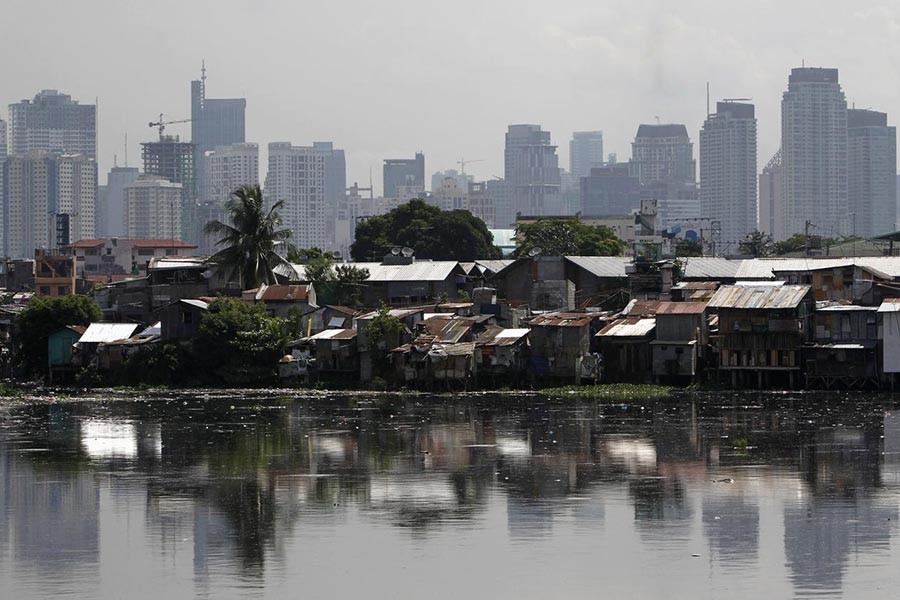The government expects a significant improvement in income inequality from its peak, amid sluggish economic activities.
It eyes Gini coefficient-a measure of income distribution where 0 represents perfect equality and 1 deemed perfect inequality-of 0.462 this fiscal year, according to development result framework.
The framework is prepared by the planning division, which is involved in preparing the eighth five year plan (FY-2021-FY2025).
The authorities targeted it at 0.459 in fiscal year 2022, 0.456 in fiscal year 2023, 0.453 in fiscal year 2024 and 0.450 in fiscal year 2025, the last year of the five year plan.
The inequality, a disparity of resource distribution among the population of a country, was found to be all-time high in a measure conducted in 2016.
The Household Income and Expenditure Survey of 2016 showed that the Gini coefficient or index reached 0.48.
But economists said the inequality will surge this fiscal year due to the impact of coronavirus.
They, however, said at the end of the five year plan, it may improve.
Dr Zahid Hussain, an economist, told the FE, "There is no doubt that the inequality will increase in this fiscal year as the number of poor has climbed as the fallout of COVID-19."
He said people have been leaving the urban areas for lack of work as economic activities have shrunk.
Dr Hussain said the digital inequality is also on the rise.
Heath and education outcomes remain much worse for the disadvantaged groups.
The government's social protection programmes are large, but those are inadequate to reduce poverty and the regional disparity, he said.
Dr. Hussain partly blamed the regressive fiscal policies, particularly taxation policies that end up benefiting the well-off, rather than the poor on the growing inequality.
He said that the government gives such sops to particular businesses and interest groups in the form of bailouts, loan rescheduling, tax exemptions, subsidies, licences and so on, but the poor are often left out of such programmes.
However, the five-year plan is yet to be formally launched by the Ministry of Planning, which was delayed by the outbreak of pandemic and the subsequent lockdown.
They said it may be launched sometime in December next.


